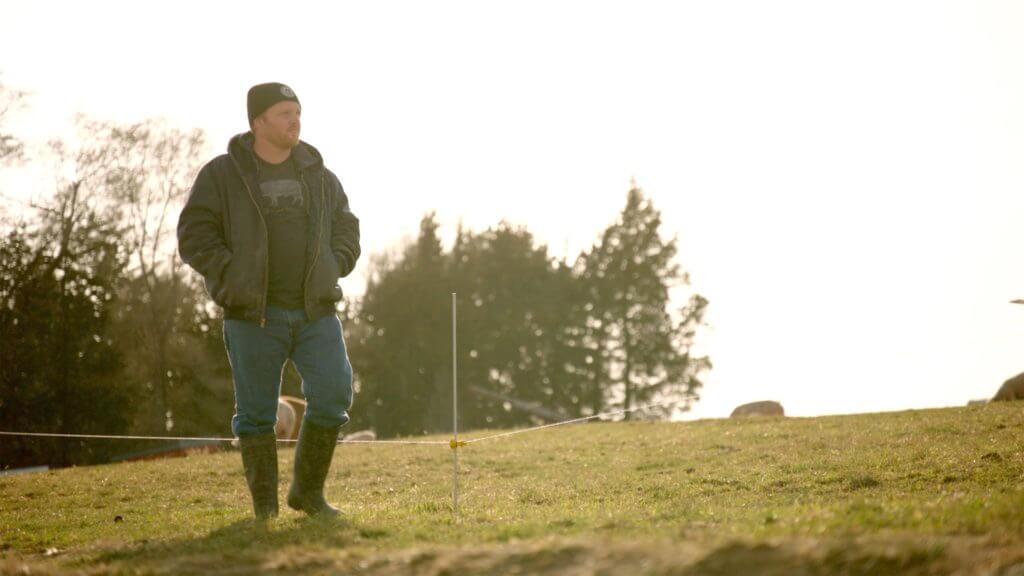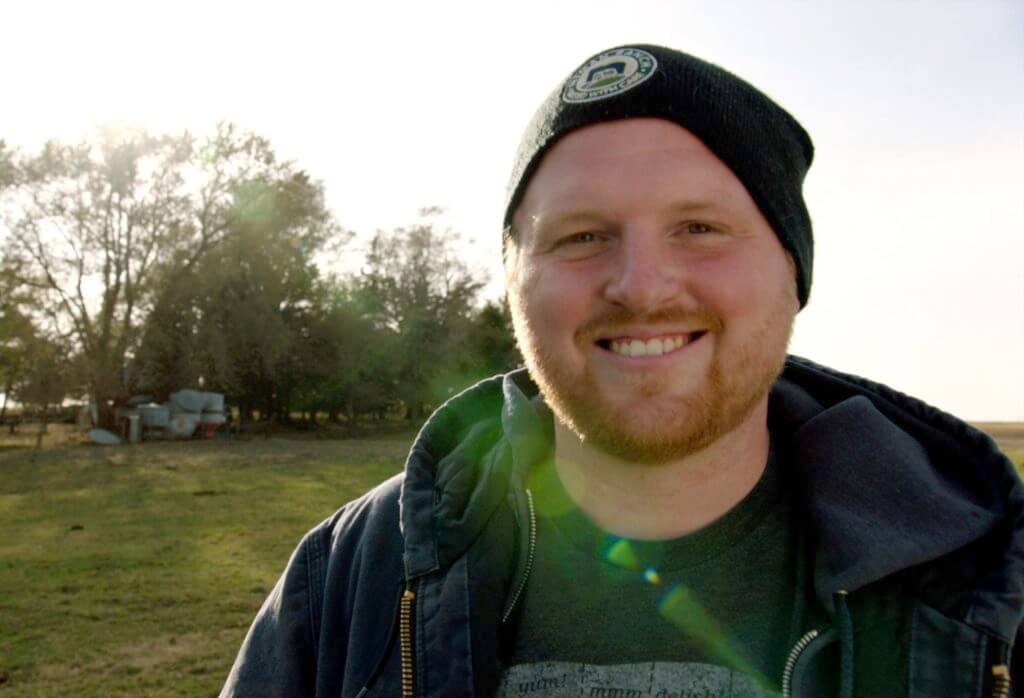Mike Mardesen graduated as a doctor of veterinary medicine from Iowa State University. Mike now lives in rural Iowa working full-time as a veterinarian and farming alongside his parents and grandmother.
Q: What inspired you to become a veterinarian?
A: I chose veterinary medicine for a variety of reasons. First, I realized my favorite part about working on the farm was working with the livestock. Anytime we were working with the livestock was a great day for me growing up. Secondly, when I started looking at what careers are relevant in rural America, veterinarian is one that stood out for me. I always considered it to be a good job that would allow me the flexibility of living in rural America and to work with and around agriculture.
Q: As a child, did you envision you would return to the farm?
A: I would be lying if I told you I had always planned on returning to the family farm. From elementary school through junior high, farming was all I wanted to do. Then I started to get frustrated with the idea. It seemed as though all my friends had more free time than I did, and they had the opportunities to sleep in on Saturdays whereas I had to work. Additionally, my mom and dad always pushed how important education is to my sisters and me. Although I don’t consider this them trying to discourage us, it did keep our eyes open to what else was out there. After a few years in college, however, I knew coming back to the family farm was all I wanted to do.
Q: What inspired you to return to the farm?
A: A couple things proved to be my biggest inspiration. As a sophomore in college, I took a pig production course that highlighted the important aspects of raising pork. Raising pigs outside constituted two slides. It really seems as though agriculture education pushes the conventional style more and more and, to be honest, I started believing farms like ours were little more than a nice conversation piece in the grand scheme of things. Then I had the opportunity to see the film American Meat by Graham Meriwether. I can’t quite put into words the feelings I felt leaving the theatre that day, but I was more excited than I ever have been seeing how animals raised like ours can fit into the vast world of agriculture and food production. Additionally, I honestly believe in the way we raise pigs. I understand the reasoning behind conventional, confinement facilities but at my core, my heart beats for the way we raise our pigs. The largest critiques I have heard from people about how we raise pigs is how inefficient it is, and nothing excites me more than finding ways to make outdoor pig production as efficient as possible.

Q: What did returning to the farm mean to your family?
A: Although I can’t speak on behalf of my parents, I would assume my dad was excited about the extra help and my mom was nervous about the additional laundry (love ya mom). Coming home was all I wanted to do for the eight years I was away at school. People not from farm backgrounds don’t seem to understand what it means to be able to work the same land that my great grandpa worked and has been in my family for such a long time. I am excited to stand on the shoulders of those that came before me and to be a part of something so much greater than myself.
Q: How did the Niman Ranch Next Generation Scholarship help you achieve your goals?
A: Student loan debt is climbing higher and higher and is rising faster than both inflation and average incomes. In some ways, it has felt like I had to put my life on the farm on hold not only for going to school, but also to pay back the debt I incurred. Any support to help reduce the strain of paying back debt is huge in helping achieve goals faster, both personally and professionally.
When making the decision to go to vet school I strongly considered not going because of the high cost associated with it. I didn’t want to put myself into that large of a hole and did not want to run the risk of dragging my family into it with me. It was because of scholarship opportunities, such as the Next Generation Scholarship, that I felt comfortable enough to go to school and now live my dream because of it. I cannot thank them enough for their support.
Q: From your personal experience, why is receiving scholarship assistance important to you and other students from farming backgrounds?
A: You will not find another group of students that understand the value of a dollar to the extent that farm kids do. I firmly believe that scholarships are an investment more than a donation. And an investment in a student from a farming background always pays dividends. The feelings of gratitude and purpose I have felt from receiving the Niman Ranch Next Generation Scholarships are universal among other students who have received them.
I feel that people with farming backgrounds, or any other small business owners, are the ones who are the most aware of what it means to be in debt. As children, we may not understand the concept of what debt is but we can see the strain it puts on our families at times. Just like the relief that comes when prices rise or a storm passes, financial assistance is huge in providing peace of mind.
Q: What is the most rewarding part of growing up on a farm?
A: Growing up on a farm like I did comes with many advantages and disadvantages, but I would have to say the most rewarding part is the sense of accomplishment the farm provides. I truly believe that children should have chores as part of their development, and it felt much cooler knowing my chores included feeding sows versus my friends who were responsible for taking the garbage out on Tuesdays. Additionally, I firmly believe the bond you get working with family is stronger than doing any other activity. I learned much more about life building fence with my dad than I ever did playing catch.

